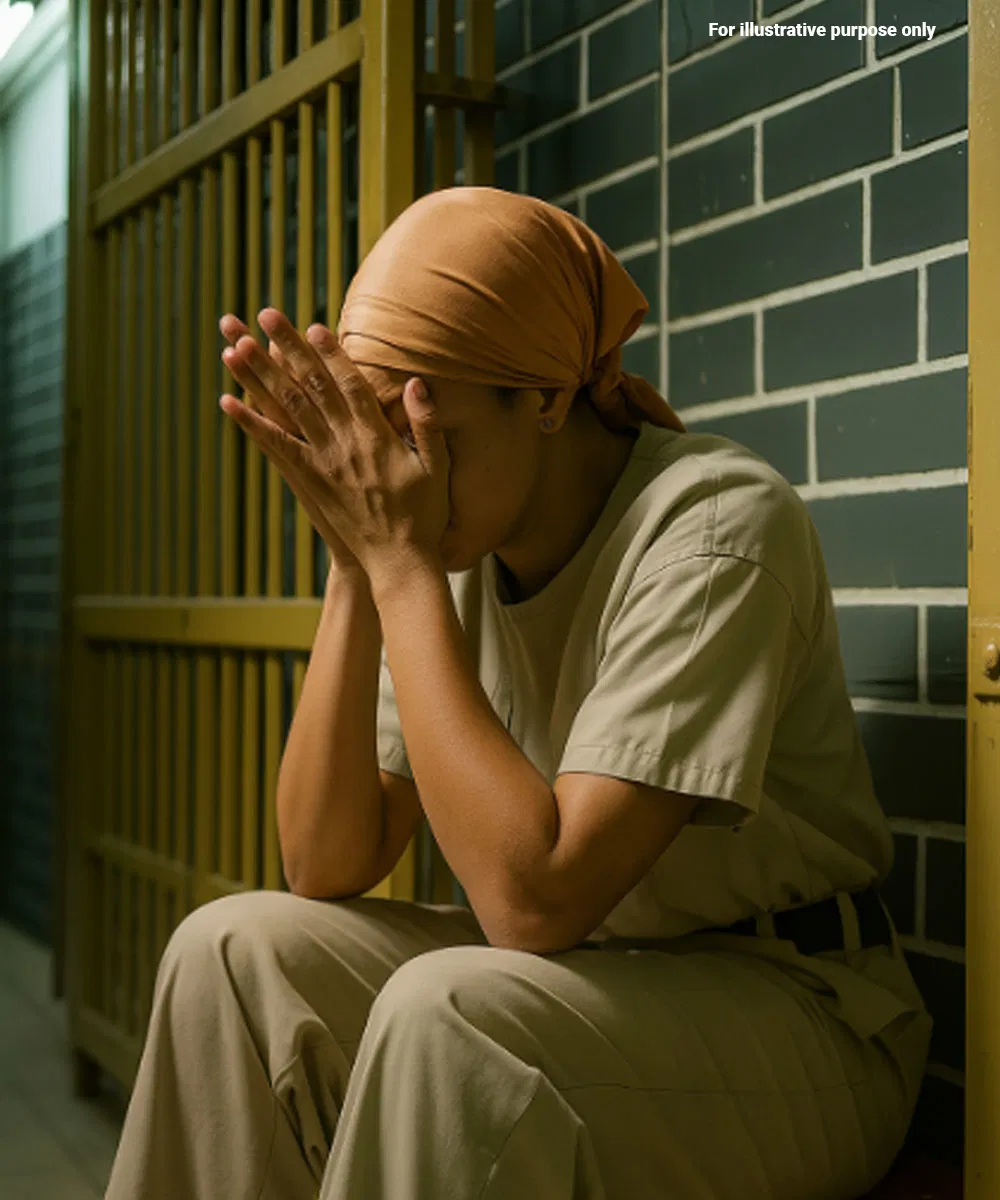The rich never really see the poor. I learned this truth over eight years of emptying wastebaskets and wiping fingerprints from glass doors in a Lagos high-rise. My uniform made me invisible – just another cleaning woman to the executives who strode past without glancing down.
Especially to him. Nonso Okoye. The boy who’d sat beside me in secondary school, who’d whispered sweet promises, who’d disappeared to England when I told him I was pregnant. Now he occupied the corner office, while I cleaned up his coffee stains each night.
Life after he left had been brutal. Homeless at seventeen, I gave birth under a tree in the market. My son Chidera – my bright, beautiful boy – asked about his father constantly. “He’ll come back one day,” I lied, until the day nine-year-old Chidera stopped breathing in my arms because we couldn’t afford treatment.
Years later, when I recognized Nonso in that office, something inside me broke. Night after night, I polished his desk while he ignored me completely. Then came the day I overheard him laughing about “some gold-digging girl” from his past.
The letter I wrote that night – about our son’s last moments, about the grave he’d never visited – finally made him see me. When we stood together at Chidera’s resting place, the arrogant businessman collapsed under the weight of his guilt.
Now there’s a school called Chidera’s House, where no pregnant girl will ever be turned away. Nonso funds it, but I’m the one who walks those halls, telling my story to wide-eyed girls who think their lives are over.
“Look at me,” I tell them. “I was you. And now I’m here.”
The floors at Chidera’s House are always spotless. But these days, I clean with my head held high.


